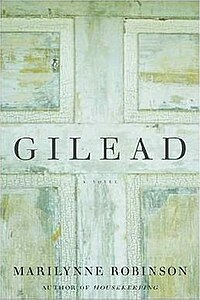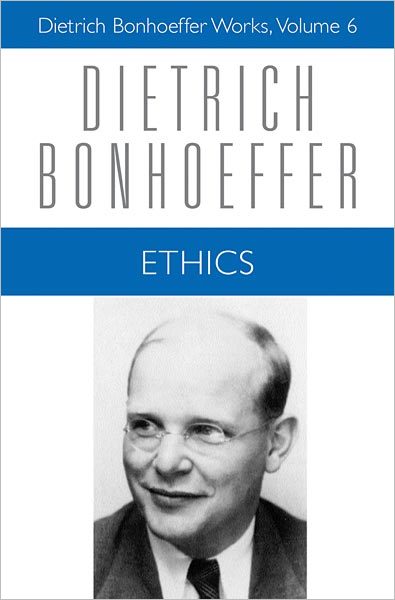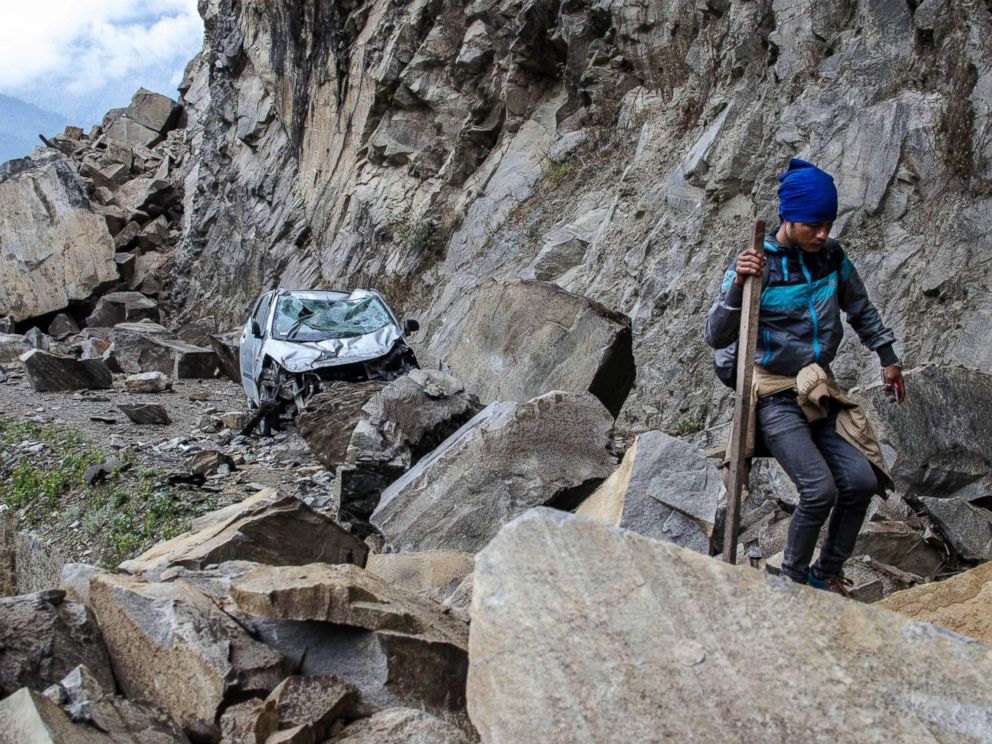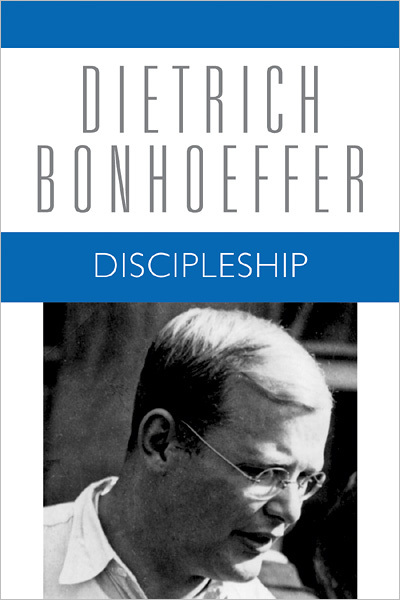Like I said on twitter, I would like to congratulate Dave Eggers not only for writing a brilliant novel but for giving it a title too long to be meaningfully tweetable.
Your Fathers, Where Are They? And The Prophets, Do They Live Forever? is, as the blurbs on the front cover say, 'prescient and moving', 'angry and astute'.

I picked this book up at the library literally as a transition book. I closed the last page of Marilynne Robinson's
Home and looked at the next book on my nightstand, Cormac McCarthy's
Blood Meridian, and just wasn't ready to move from the one to the other. I wanted a quick, less emotionally involving, read. That's when Eggers' bright green cover caught my eye, and the indications inside that it was mostly dialogue sealed the deal.
Turns out this book is entirely dialogue. There is not one word about setting or action or even emotion. Not even a 'he said' or a 'she retorted'. This is a remarkable feat when one considers the fact that it nonetheless, by the end, actually does give the reader a profound impression of the setting and the emotion involved, and that not one sentence feels forced or strained. For this reason alone it is a remarkable piece of fiction.
But the thing that hits home about this book is its social commentary, which is conveyed, again, without ever stepping out of character to straightforwardly say anything. One detects from the first few pages (and the ostentatious title) that the book might prompt some questions, but it is only as the conversations unfold that the opportunity for reflection slowly snowballs. By the end it is bigger than you'd realized. You're thinking back through the story and finding all kinds of perception and nuance you may not have overthought at the time.
It is almost a shame to take that and then just straight-up summarize and analyze it. So here's a spoiler alert if you're compelled to go pick the book up and have the experience yourself: It will take you a bit of effort to go get the book, and maybe an afternoon or a few days to go read it, but maybe you want to go do that before you come back and read what I want to pull out of it next.
Your Fathers, Where Are They? And The Prophets, Do They Live Forever? is a frank look into the mind and experience of one of those mystifying social outcasts who make the news for doing something either inexplicably daft or downright evil. The school shooters. The people shouting on the street outside of the drugstore. The misfits who, well, just never fit. The people you can ignore until they refuse to be ignored anymore. This novel takes you inside.
What's so good about the way Dave Eggers does this is that it is all so modestly driven by the main character's agenda that you sometimes almost forget he is doing something horrible. You see what he's doing and you understand. On its own this would be nothing new in modern fiction. We're used to being asked to simply empathize with a criminal, even sometimes to take the side of the 'bad guy'. This novel is smarter than that. It manages empathy without for a second offering an excuse. The character is at the same time objectionable and understandable, but the most arresting thing about the narrative is that it is all so normal.
There are no really big words. Apart from being so candid and frank, it is all just normal conversation. The only thing artificial about it is the way that the character is making these irksome conversations happen. It is almost like his number one goal is just to get people to be honest. It reminds me of Marilyn Manson's comment (in Bowling for Columbine) where he said that if he had had the chance to talk to those school shooters, he would have just listened to them.
Eggers gives us a likely view into such a person's manner of thinking. There are no excuses. Part of you wants to label the guy 'normal', another part of you still wants to says 'nuts'. But by the end of the book at least you know him.
But there are other characters worth thinking about too. The astronaut, the lady on the beach, the cop, the congressman, the school teacher, the mom, the social-outcast friend with the knife who got shot in the head. Eggers has a purpose for each of these, which I only really picked up on in retrospect. Each of them in their own way has experienced what the main character has experienced, but has responded in different ways. Some more admirably, some just as objectionably, even if more acceptably (socially-speaking).
The one page in the book which I think comes closest to straightforward social commentary is right near the end, and it comes from the one I'd consider the 'hero' of the book, the congressman. He is the one who makes the most earnest attempt to understand, or at least appear to understand, the main character's angst. He calls him 'son', and in a way is the father he needed all along. He gets it. He was in Vietnam, lost limbs, saw things that scarred him for life and, with all of that as his motivation to do better, entered politics.
One review of the book pointed out that sometimes the conversations lack veracity because one of the dialogue partners is trying to appease the other. This may be so, but I think it adds to rather than subtracts from the realism and nuance of the story. (And in the case of the
New York Times objection about the congressman's views on war veterans, it begs to be pointed out that the congressman himself disproves the statements the reviewer finds problematic). Surely the views expressed are caricatures, but that's the point. That's why it is realistic: Because like it or not that's how the angst-riddled social-outcast is perceiving these things. At the very least the book calls for more attentive explanations.
In the case of the excerpt I'm going to pull out below, however, it doesn't really matter whether the congressman actually believes what he's saying. The comments have an insight to them I'll be carrying with me for a while.
Our main character has just confessed to him: 'For some reason the hospital woman makes me madder than the cops who shot him. I mean, why is that? Two years later I still don't understand it.' And the congressman replies:
---Killing feels more natural in some way. Killing is some kind of connection. It's a convoluted connection, but it is one.... But what happened at the hospital is something else. It's not human. It's not primal. So we don't understand it. It's a more recent mutation. The things we all have, love and hate and passion, and the need to eat and yell and screw, these are things every human has. But there's this new mutation, this ability to stand between a human being and some small measure of justice and blame it on some regulation. To say that the form was filled out incorrectly.
---Yeah, yeah, what is that? That's the doom of us all.
---This is a new thing, son, and it's a frightening thing. It's something I saw every day in the VA. And if you think it's bad in some hospital, Christ, you wouldn't last a minute in Washington.
Rather than edit that last bit of 'language', I'll take it as more of faithless lamentation. Obviously we ought to respond to this social 'mutation' more like the congressman than the criminal, but it doesn't hurt to say we understand. Even to admit that not everyone can pull it together like the congressman does. Although he lashes out in unfortunate ways, all our main character is asking for is a vision. Something better to be a part of. It is foolish to let that be an excuse for his actions, but it is a pretty accurate encapsulation of the question the disturbed individual might be trying to ask. The question is too big to answer, perhaps, but the point is to hear it, not to answer it.
What's intriguing is that the title for Eggers novel is actually a 'word of the Lord' through the biblical prophet Zechariah, who was led to say:
“The Lord was very angry with your fathers. Therefore say to them, Thus declares the Lord of hosts: Return to me, says the Lord of hosts, and I will return to you, says the Lord of hosts. Do not be like your fathers, to whom the former prophets cried out, ‘Thus says the Lord of hosts, Return from your evil ways and from your evil deeds.’ But they did not hear or pay attention to me, declares the Lord. Your fathers, where are they? And the prophets, do they live forever?" (Zech 1:2-5 ESV)
Putting down Eggers' novel it feels like the congressman was the father the main character never had. In fact I can't help but feel like the book is a call to fathers and mothers and sons to 'return' and to 'hear' and to 'pay attention' once again.
If you are inclined to go read this book I encourage you to do so. I hope I haven't spoiled it. As is usually the case, it must be said that the book is better (and almost shorter!) than the review. The discussion we could have would probably also be better than any one interpretation alone, so if you've read it and want to talk about it, do drop me a comment.
One last thing merits an accolade: This novel has the most em-dashes of any book I've ever read. Nice work Dave Eggers.
 Ever since reading Dietrich Bonhoeffer's Ethics I've been thinking long and hard about his view of moral responsibility as something owed ultimately and daily to the command of Christ in complex, messy situations rather than to abstract principles or timeless duties.
Ever since reading Dietrich Bonhoeffer's Ethics I've been thinking long and hard about his view of moral responsibility as something owed ultimately and daily to the command of Christ in complex, messy situations rather than to abstract principles or timeless duties. 

























